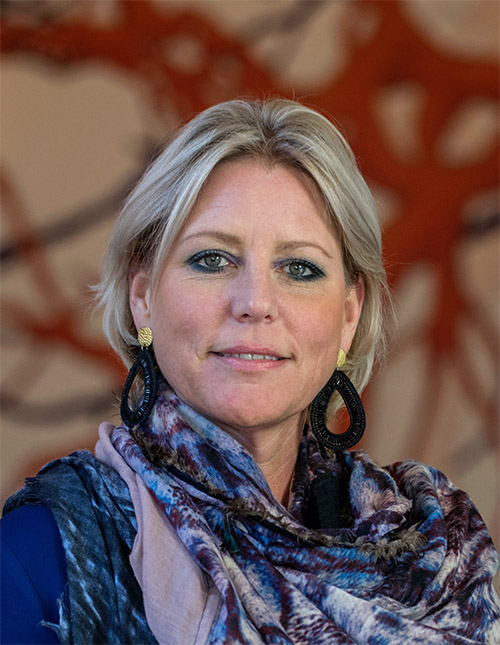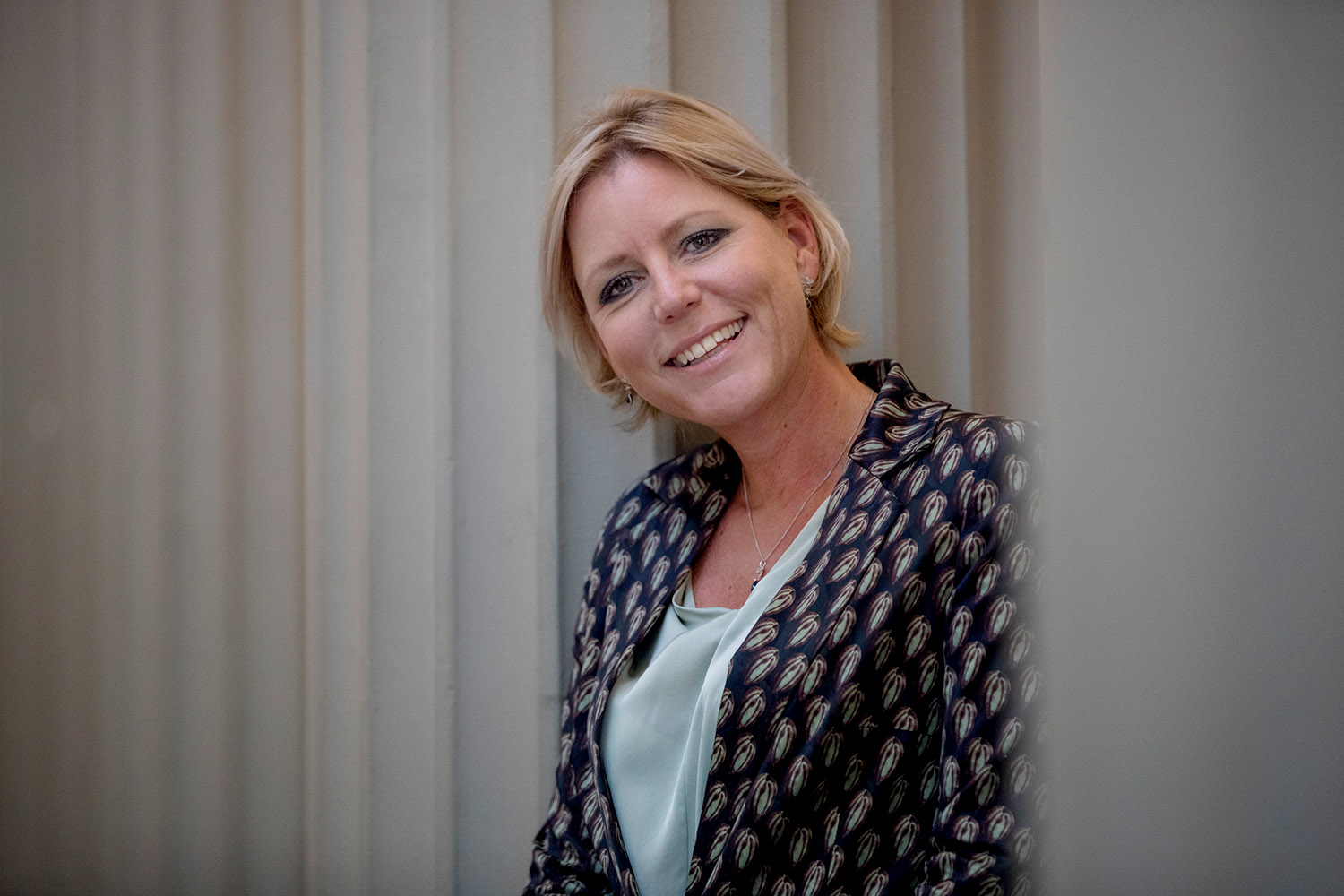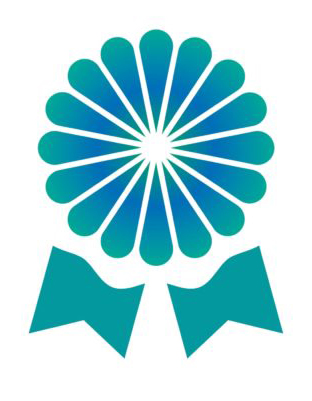Recognition & Rewards is rector Rianne Letschert’s top priority
In September Rianne Letschert will start her second term as the rector of Maastricht University. One of her highest ambitions is to implement the Recognition & Rewards programme: an entirely new system for assessing and acknowledging the work done by academics. ‘Things really need to change. Working at a university is much more than getting your PhD, publishing, obtaining a grant. Education, leadership, teamwork and, for some, the combination with patient care should carry at least as much weight. What impact do you as an academic have on society through the different roles you play? That’s the crucial question.’ The Recognition & Rewards initiative also dovetails with another major development in the academic world, Open Science, and has—paradoxically—been given a boost by the corona crisis. ‘Corona is delaying the completion of PhD dissertations as well as student theses. This is something we want to prevent through a package of solutions, which means we’re actually already applying the new approach to assessment.’
Recognition & Rewards represents no less than a fundamental shift in the Dutch academic world. The programme has come about partly through the spirited advocacy of the youngest rector magnificus in the country.
Rat race
Rianne Letschert is willing to stake her fate on it. ‘If this project fails, I will have failed in my job. It was my main motive for wanting this position. Academics today are in a rat race: if they want to make it to professor, they have to publish in top journals or land a big grant. The leaders of the pack get the recognition. And rightly so—they’re focused almost exclusively on their work, working themselves blue in the face. But how important is a good teacher? What recognition is there for leadership? How do we evaluate the social impact that we aim to achieve with our knowledge? These competences are currently not valued as highly as they should be. This leads to frustration, to a revolving door, and reduces the appeal of academia to a lot of talented people. The system is badly in need of an overhaul.’

Click here to read more about Recognition & Rewards

Eleven goalkeepers
Letschert knows what she is talking about. At Tilburg University, as a successful young professor with multiple publications to her name, a Vidi grant in her pocket and an appointment as dean of the Faculty of Law, she was among the leaders of the pack. And then Maastricht came along. ‘I’m not anti-achievement. Research and publishing remain important; they’re the foundations on which academia is built. But we have to acknowledge that there’s more to it than that. I’m no football aficionado, but I like to use the metaphor that you don’t win a match with a team of eleven goalkeepers or eleven strikers. I’m a supporter of team science: each individual plays his or her specific role that ultimately makes it possible to achieve the objectives, with the opportunity to grow, to excel and to be rewarded accordingly. In Tilburg I could have changed things at the faculty level; in Maastricht I can do it at the university and the national level. That made the choice easier. Also because UM is a young university with many people who are open to change, who understand that the academy grows with society.’
Complex
Her view of UM was confirmed late last year when Letschert, a native of Doetinchem, was reappointed for a second term. ‘Yes, that says it all. They’re familiar with my ambitions in Maastricht, they know that Recognition & Rewards will be put into practice here. The national framework should be ready next spring; meanwhile, we’re already working hard on pilots. Of course, it’s a complex process. And of course there’s opposition; there are concerns and obstacles. But I have every confidence in it. Also because we recently appointed a few deans who explicitly indicated that they only wanted the job if a different approach would be put in place for assessing and rewarding academics. That gives me extra motivation.’
Achievements
In autumn 2019, Letschert and fellow rector Frank Baaijens from Eindhoven University of Technology presented the position paper 'Room for everyone's talent' to a broad forum of Dutch and European knowledge institutions. They drafted the memo in close consultation with public knowledge institutions and research funding bodies. At its core is the principle of recognising and rewarding a wider variety of competences and talents, thereby opening up a broader range of career paths and profiles. The memo also stresses the importance of no longer focusing solely on academics’ individual achievements, but also taking into account their contribution to the team, the department, the faculty, the university, and their impact on society. More emphasis is to be placed on quality, content, academic integrity and creativity. ‘The point is to look at their contributions to science, the academic world and/or society at large instead of focusing purely on quantitative results such as the number of publications. And to give them opportunities to progress to different jobs and scales. It will become easier to reach a professorship from different profiles. We think this will make working in academia more appealing, and also that a positive, broad approach to assessment will reduce the workload. Which is necessary: sick leave is high even among young academics. People are leaving.’
Drilling down
The working paper was universally praised. ‘We were a bit surprised. After all, the academic world is regarded as slightly conservative. You definitely have to drill down at first—not everyone is prepared to change—but that doesn’t apply to the Executive Boards. The plan has been embraced by all universities, and they’re now working out the details for implementation in their own institutions. Here in Maastricht we’ve formed four committees, each responsible for one theme: research, education, impact and leadership. The committees will come up with proposals this summer, which we’ll then discuss with all forums. And no, it’s not in the bag yet. I’d like to call in particular on critics and sceptics to put up their hands. We’re asking for nothing less than a fundamental culture change. That’s no small thing. I understand the concerns, too; for example, about our competitive position. We don’t want to discourage anyone from excelling in research and publishing in high-impact journals. We just want to give those who excel in teaching, patient care, leadership and social engagement the peace of mind that their work will be recognised and that there are career opportunities for them too. We still have to figure out exactly how to implement this and what system to use. So all input is both necessary and welcome.’
Open Science
Recognition & Rewards is inextricably linked to another major development in the academic world: the move towards Open Science. ‘That’s another international development in which we want to lead the way. Open Science is about making academic research more widely accessible to society—to companies and patient organisations, for example, but also for further research. All too often, data are difficult to access, kept under lock and key and not shared because researchers first want to profit from it themselves. Academic articles and data are hidden behind a paywall put up by publishers. Open Science is a new approach to research whose main aim is to strengthen cooperation between academics, researchers and other parties. For this to work, open access to data and publications is a must, as is the reuse of existing datasets in new research.’
Corona crisis
The link with Recognition & Rewards is clear, Letschert says. ‘If there’s less emphasis on scoring points and publishing, academics will be more likely to collaborate. We’re already seeing good examples of this in the corona crisis. It’s had such a big impact on society that researchers and institutes are sharing their knowledge and data in an effort to understand the spread of the virus and develop a vaccine or medicine. We, and all other Dutch universities, would like to see this approach taken more broadly. Covid-19 gives us an example of a best practice to follow. Of course, it will result in conflict with publishers, but we’re making progress to that end too. We’ve just signed a deal with Elsevier to improve open access. We want to influence the transition to Open Science so that those who invest a lot of time and energy in it will find that it pays off through Recognition & Rewards.’
A different lens
Is the corona crisis hampering the implementation of Recognition & Rewards? ‘Not as far as I’m aware of at UM’, Letschert says. ‘The working groups lost very little time; most meetings are being held via video calling. We’ve made rapid progress, just as we switched within a week to providing the majority of education online. That was a top performance by our teachers and support services—proof once more that UM is a very agile and flexible organisation. But I digress. The corona crisis means that we’re already viewing things differently, for example the performance of our PhD candidates, postdocs and tenure trackers; that is, through the lens of Recognition & Rewards. We’ve designed a much more qualitative system of assessing people’s progress in research and PhD projects, with the spotlight on quality. And that’s the leitmotif in Recognition & Rewards.’
Also read
-
Maastricht University is an active member of the Young European Research Universities Network, championing values of innovation, openess and responsibility.
-

Frederik Claasen, the head of policy at our partner organisation Solidaridad Network on the opportunities and obstacles facing smallholder farmers in their data ecosystems.
-
The PhD research of Karlien Strijbosch focuses on Senegalese migrants who were forced to return home after a stay in Europe. Doing justice to such stories is no easy feat, especially when you come up against walls of silence, distrust and shame. Strijbosch and her supervisor Valentina Mazzucato...

